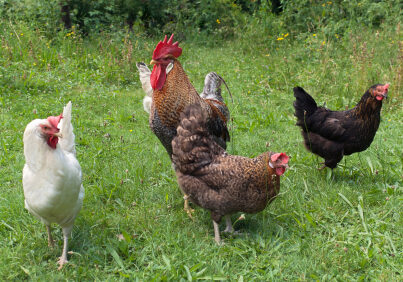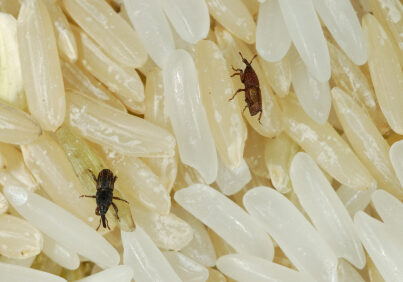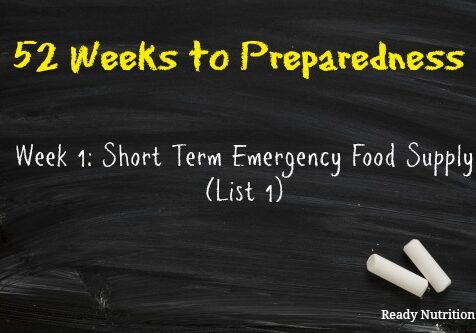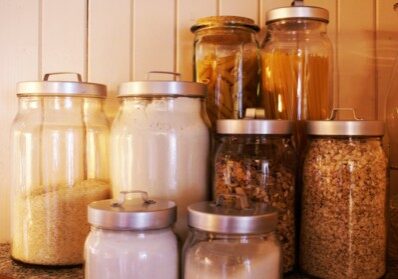In week 1 of this 52-week series, we are concentrating on accumulating 2 weeks of food and water in order to begin establishing a foundation for your preparedness supplies.
Tess Pennington
Tess Pennington is the author of The Prepper's Blueprint, a comprehensive guide that uses real-life scenarios to help you prepare for any disaster. Because a crisis rarely stops with a triggering event the aftermath can spiral, having the capacity to cripple our normal ways of life. The well-rounded, multi-layered approach outlined in the Blueprint helps you make sense of a wide array of preparedness concepts through easily digestible action items and supply lists.
Tess is also the author of the highly rated Prepper's Cookbook, which helps you to create a plan for stocking, organizing and maintaining a proper emergency food supply and includes over 300 recipes for nutritious, delicious, life-saving meals.
Visit her web site at ReadyNutrition.com for an extensive compilation of free information on preparedness, homesteading, and healthy living.

Child Safety: Keep Kids Safe With Emergency ID Cards
Disasters can create a lot of havoc in our lives. Especially when loved ones go missing as a result. Emergency information cards can be an easy solution to this problem and should be added to your emergency supplies.

Tess’s Tasty Potato Salad
Change up your everyday potato salad recipe and give it a kick. This recipe is unique and guaranteed to make everyone want more!

Save Big Bucks on Your Gas Bill
Subtle changes in driving habits can produce significant results, help you save money at the gas pump and reduce carbon dioxide emissions. Practicing these easy tips can reduce your fuel use by an average of 15%. If you maintain properly inflated tired – add another 3% to your fuel savings.

FDA: “Hand Sanitizers Do Not Prevent MRSA”
In a recent report by the FDA, a number of hand sanitizer companies are making false claims that their product(s) […]

How Micro Livestock Can Be Used For Suburban and Rural Sustainability
The pros and cons of raising livestock, which breeds are most popular and why raising livestock are not only good for your pocketbook, but also a great way of learning to be more self-reliant.

Meet Your Emergency Food’s Worst Enemies
Knowing what your food’s worst enemies are, understanding how they can ruin your food, and how to prevent their havoc will help you preserve your food investment for the long term.

Week 1 of 52: Short Term Emergency Food Supply (List 1)
Multiple preparedness websites suggest each home have 2-weeks of food and water in case an unexpected emergency arises. Starting your emergency supplies at the basic level and then slowly accumulating additional items will give you a well rounded preparedness supply.

Fox News Demonstration: Long Term Food Storage Basics – How to Pack Rice, Wheat, Beans and Dry Goods
Tess demonstrates some best practices and a multi-barrier process for packaging food for short and long term storage in mylar bags (or large food grade buckets) with oxygen absorbers, a vacuum seal, and a heat seal.

Are You Ready Series: Best Practices For Long Term Food Storage
Food is an investment into your future and your family’s livelihood. Therefore, you must do all that you can to protect that investment for the long term. Using the multi-barrier system will ensure that the food is stored in optimal conditions and that the contents inside are protected.


What’s Lurking In Your Canned Goods?
Learn about all the cancers and adverse health risks you encounter when eating canned goods. Find out why the FDA says it’s ok to keep eating it.